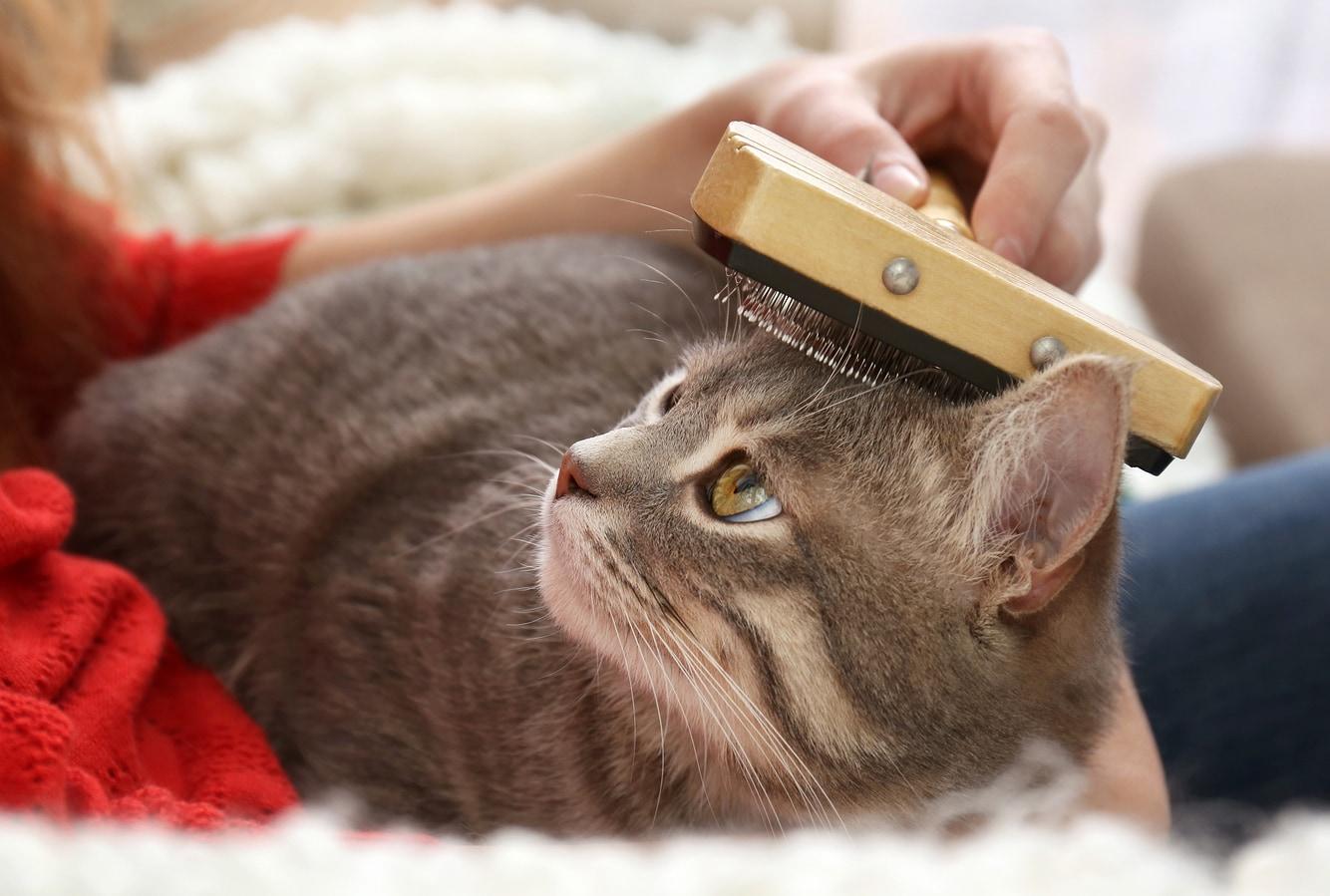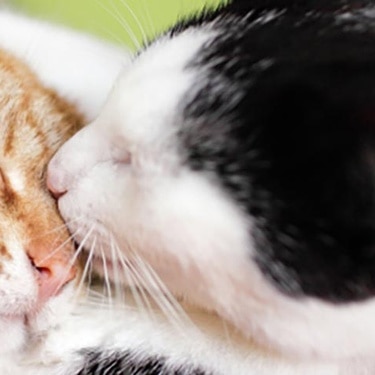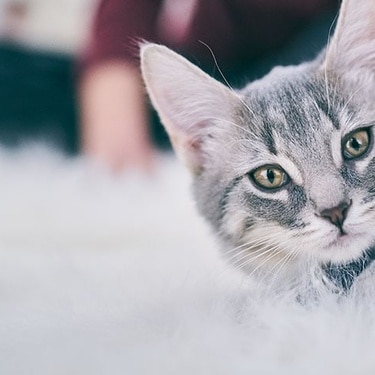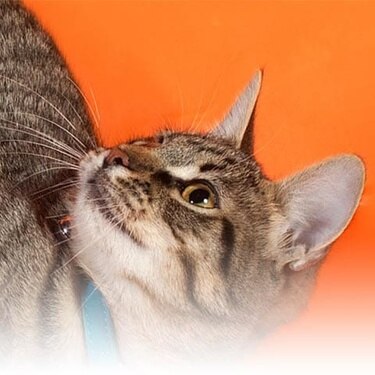
-
Find the right food for your petTake this quiz to see which food may be the best for your furry friend.Find the right food for your petTake this quiz to see which food may be the best for your furry friend.Health CategoryFeatured products
 Adult 6+ Large Breed Chicken Meal, Barley & Rice Recipe Dog Food
Adult 6+ Large Breed Chicken Meal, Barley & Rice Recipe Dog FoodSupports energy level, joint health, and beautiful coat in large breed mature dogs
Shop Now Puppy Sensitive Stomach & Skin Salmon & Vegetable Stew
Puppy Sensitive Stomach & Skin Salmon & Vegetable StewGentle on stomachs while nourishing skin & supporting development in growing puppies
Shop Now Adult Perfect Weight & Joint Support Chicken & Brown Rice Recipe Dog Food
Adult Perfect Weight & Joint Support Chicken & Brown Rice Recipe Dog FoodThis weight management and mobility support dog food was created with Hill’s unique understanding of the biology of overweight dogs.
Shop Now -
DogCat
- Cat Tips & Articles
-
Health Category
- Weight
- Skin & Food Sensitivities
- Urinary
- Digestive
- Kidney
- Dental
- Serious Illness
-
Life Stage
- Kitten Nutrition
- Adult Nutrition
Featured articles Pet Food Storage Tips
Pet Food Storage TipsWhere you store your cat and dog food can make a big difference in the quality and freshness once it is opened. Here are some common questions and recommendations for optimal storage for all of Hill’s dry and canned cat and dog food.
Read More Water
WaterWater is the most important nutrient of all and essential for life. Animals can lose almost all their fat and half their protein and still survive, but if they lose 15% of their water, it will mean death.
Read More The Right Diet For Your Pet
The Right Diet For Your PetLearn what to look for in healthy pet food & nutrition, including ingredients, quality of the manufacturer, your pet's age, and any special needs they have.
Read More -


Does it seem like your cat is shedding so much that you could pick up her fur and knit yourself a sweater? Do you have billowing balls of hair that demand daily vacuuming? Regular brushing is the best way to deal with your cat shedding a lot. Helping her with grooming controls excessive shedding by removing dead hair, and also disperses natural oils that improve the condition of your kitty's coat and skin, notes Cat Behavior Associates. Brushing your cat can also reduce the number of hairballs she hacks up.

Determining the underlying reason behind the flying fur is also important. Here are six common causes your cat might be shedding more than normal, along with potential solutions.
1. Low-quality Food
If your cat isn't getting a balanced diet, says The Nest, you might see the results in a constantly shedding coat that isn't as lustrous as it used to be. Solution: Choose a high-quality food that helps promote healthy skin and coat. Ask your veterinarian if you need a change in your cat's food.
2. Health Issues
There are several health issues that could cause a cat to shed excessively. The American Society for the Prevention of Cruelty to Animals® identifies some of those as allergies and parasites. Conversely, some medications might cause itchiness or scaling which can cause your cat to scratch and lead to shedding excessively. Some conditions can also cause your cat to do excessive grooming that lead to bare spots in her fur. Solution: See a veterinarian. If your cat is shedding excessively, it's important to make an appointment to rule out any health issues. If your cat is already on a medication, ask your vet if a side effect is increased shedding.


Tasty Tips
3. Time of Year
Cats shed year-round but lose their thick winter coats in the spring when the days start to get longer, Petcha says. This means you'll likely see a larger amount of shedding during that time. Solution: Spend a few minutes each day brushing your cat to lessen the amount of hair in your home.
4. Stress
Some cats shed more when they are nervous, scared or under some type of stress. Solution: Look for other signs of a stressed cat, like hiding, trembling or litter box problems. Think about what may have changed recently in your home (a new pet, loud noises) and work to change the environment to lessen the stress on your cat. Always make sure she has a few places of her own to climb, hide and feel safe.
5. Age
An older cat might not be able to groom herself as well as she did when she was younger, resulting in matted fur or increased shedding. If you have another elder kitty, they may groom each other, but they could still use your help. Solution: Brush your senior cat every day to help keep her coat sleek and soft. She'll more than likely be thankful for the extra attention and love.
6. Pregnancy
Hormonal changes in pregnancy can cause a cat to shed more than normal, writes CatTime. A mother cat will shed mostly on her belly where her kittens will nurse. Solution: This excessive shedding will end once lactation ends. Ask your vet for advice on taking good care of Mom and her kittens.
Some cats also simply shed more than others. According to Catster, you should be prepared for more brush work if your kitty is a long-haired breed like a Maine Coon or Persian. You might even find your short-haired cat shedding a lot if she has mixed breed ancestry or an unusually thick coat.
Don't brush off the problem if you have a cat that sheds excessively. Once you've checked to make sure she's in her best health, a small investment in a good feline brush and comb can go a long way to keeping your vacuum in the closet.


Kara Murphy is a freelance writer and pet parent who lives in Erie, Pa. She has a goldendoodle named Maddie.
Related products

With delicious chunks in a decadent gravy

With delicious chunks in a decadent gravy

Gourmet daily nutrition, carefully made. Tasty chunks with chicken & beef in a decadent gravy. Supports digestive health, nourishes skin and promotes a lustrous fur.

With delicious chunks in a decadent gravy
Related articles

Get helpful information on proper feline oral healthcare and why it's so vital to take care of your cat's teeth.

Being overweight puts a cat at risk for developing many serious health issues. Weight gain indicates an increase in body fat and usually results when your cat eats too much and exercises too little.

HillsPet Nutrition provides information on proper nutrition, fitness and special needs in keeping your cat healthy and happy.

As a responsible pet owner you owe it to yourself and your cat to understand problems associated with overweight cats.

Put your cat on a diet without them knowing
Our low calorie formula helps you control your cat's weight. It's packed with high-quality protein for building lean muscles, and made with purposeful ingredients for a flavorful, nutritious meal. Clinically proven antioxidants, Vitamin C+E, help promote a healthy immune system.
Put your cat on a diet without them knowing
Our low calorie formula helps you control your cat's weight. It's packed with high-quality protein for building lean muscles, and made with purposeful ingredients for a flavorful, nutritious meal. Clinically proven antioxidants, Vitamin C+E, help promote a healthy immune system.

